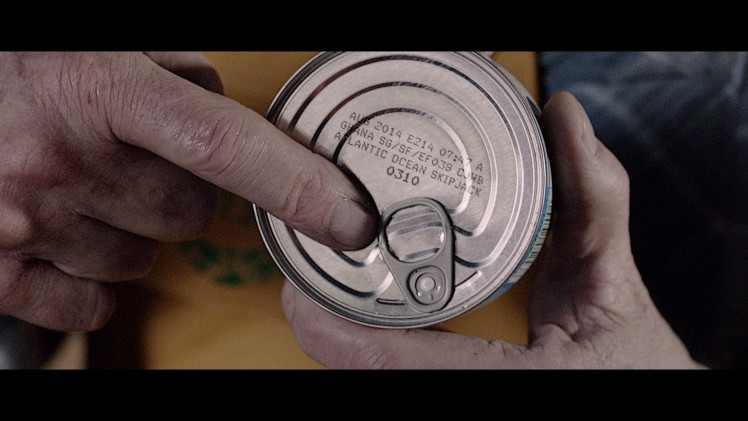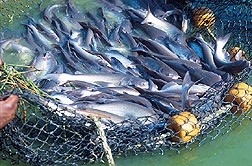John West rolls out can tracking scheme

The initiative provides unique codes for individual cans, which allow consumers to pinpoint the source of the John West canned fish they buy, from the ocean to the fishing boat landing the catch.
Shoppers enter the type of fish they bought, the country they bought it from, its barcode and a separate unique product code into John West’s website.
The company told FoodProductionDaily.com that there was still potential for a wider roll out of the service and plans for this were already underway.
Full traceability
The 100% transparency aspiration was part of a commitment on the part of the UK-based processor to prioritise full traceability to foster sustainable fishing practices.
“The Can Tracker was a UK first and its expansion to include all of our core products is yet another big step forward for us,” said Paul Reenan, managing director for John West.
“Tracing the source of the fish we sell not only provides industry transparency but also increases consumer awareness and consciousness of the story behind every can.”
Improved consumer perception
Results of the can tracking programme suggested it had improved consumer perception of John West, a spokeswoman for the company told this site.
The business had seen a 263% increase in website hits since the launch of the Can Tracker as consumers traced their fish through the online portal, she said.
The initiative’s success demonstrated the consumer thirst for a better understanding of product provenance, she added.
Sustainable champion
According to John West’s own market research, 37% of consumers now see the company as a sustainable champion, a 23% increase since the Can Tracker launch.
Earlier this year, John West made several sustainability pledges regarding tuna. These included sourcing at least 25% of UK tuna sales from pole, line and fish aggregation devices by the end of this year. It aims to bump this up to 100% by the end of 2016.
The company previously launched a range of salmon, mackerel and sardines carrying the Marine Stewardship Council (MSC) logo, designating fish caught from MSC-certified sustainably sourced fish.
- (Register here for free access to the first ever online event devoted to Operational Efficiency in food and beverage processing, taking place on November 29, organized by our sister site FoodProductionDaily.com and William Reed Business Media.)





















